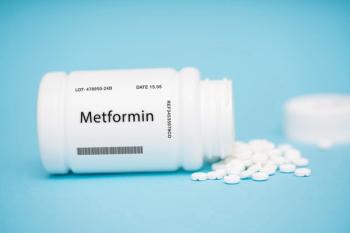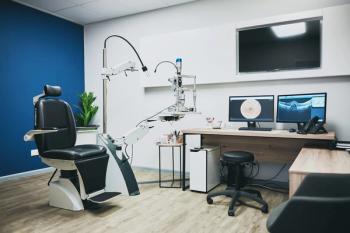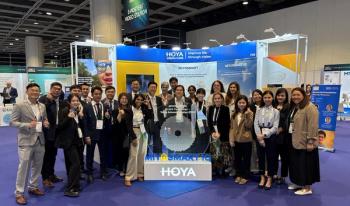
Complementary approach to control development of symptomatic COVID-19
A subcutaneous combination treatment (REGEN-COV, Regeneron Pharmaceuticals) comprised of 2 neutralizing, human sequence monoclonal antibodies, i.e., subcutaneous casirivimab and imdevimab, reduced the incidence of symptomatic COVID-19 among recently exposed, asymptomatic individuals, according to the authors of a multicenter study. Meagan P. O’Brien, MD, from Regeneron Pharmaceuticals, and first author of the study, reported the results for the COVID-19 Phase 3 Prevention Trial Team in JAMA.1
The investigators performed a randomized, double-blind, placebo-controlled, phase 3 clinical trial to determine the effectiveness of this therapy in preventing symptomatic COVID-19 in those who were recently infected and asymptomatic.
The participants in this study were close household contacts of patients with SARS-CoV-2 from 112 sites in the US, Romania, and Moldova. The study period ranged from July 13, 2020, to January 28, 2021; the participants, who were eligible for study inclusion if they were identified within 96 hours of a positive test result from an index case, were followed until March 11, 2021.
The asymptomatic individuals were randomized to receive either 1 dose of subcutaneous casirivimab/imdevimab (1,200 mg total; 600 mg of each; n = 158) or placebo (n = 156). The primary end point was the proportion of seronegative participants who developed symptomatic COVID-19 during the 28-day efficacy assessment period; the secondary efficacy end points were the number of weeks of symptomatic SARS-CoV-2 infection and the number of weeks of high viral load (>4 log10 copies/mL), the authors recounted.
Subcutaneous antibody effect
Analysis showed a significant difference in the 2 study groups. Of the 314 asymptomatic patients who were randomized, 310 completed the assessment and 204 were asymptomatic and seronegative at baseline and included in the primary efficacy analysis. Of these, 100 had been randomized to active treatment and 104 to placebo. The results showed that progression to symptomatic disease developed in 29% and 42.3%, respectively, a difference that reached significance (p = 0.04).
The active treatment also achieved about a 5.6-day decrease in symptom duration in the symptomatic participant and reduced the number of high viral load weeks compared with placebo. Active treatment also caused fewer adverse events compared with placebo.
The investigators concluded, “Among asymptomatic SARS-CoV-2 RT-qPCR–positive individuals living with an infected household contact, treatment with subcutaneous casirivimab and imdevimab antibody combination vs placebo significantly reduced the incidence of symptomatic COVID-19 over 28 days.”
Reference
O’Brien MP, Forleo-Neto E, Sarkar N, et al. for the COVID-19 Phase 3 Prevention Trial Team. Effect of Subcutaneous Casirivimab and Imdevimab Antibody Combination vs Placebo on Development of Symptomatic COVID-19 in Early Asymptomatic SARS-CoV-2 Infection: A Randomized Clinical Trial. JAMA 2022;327(5):432-441. doi:10.1001/jama.2021.24939
Newsletter
Want more insights like this? Subscribe to Optometry Times and get clinical pearls and practice tips delivered straight to your inbox.





























